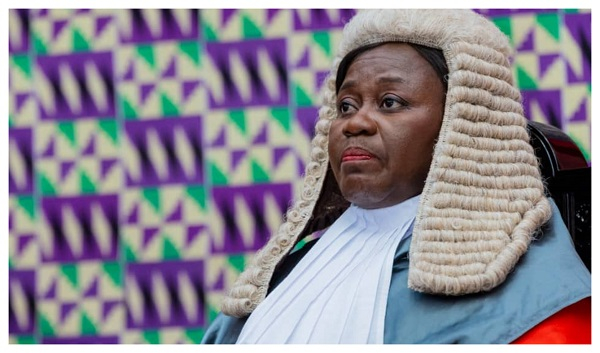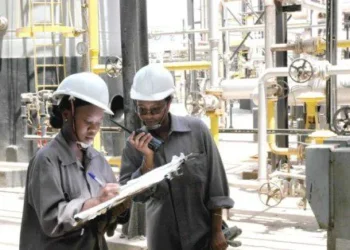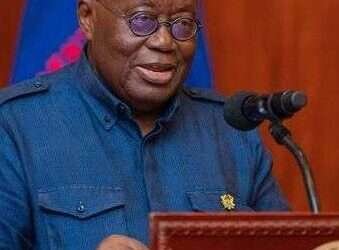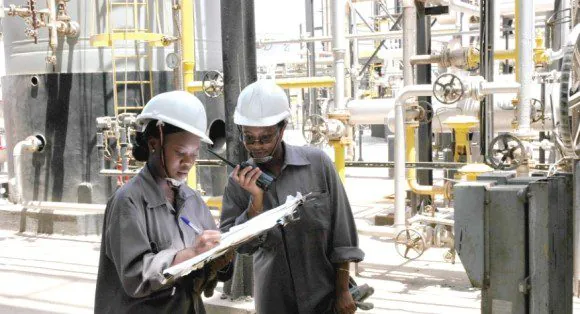Tensions over the independence of Ghana’s judiciary continue to escalate as Issah Fuseini, the Western Regional Communications Director of the New Patriotic Party (NPP), has accused the governing National Democratic Congress (NDC) of deliberately orchestrating the removal of Chief Justice Gertrude Torkornoo.
According to Fuseini, the NDC, under the leadership of President John Dramani Mahama, is following through on long-standing intentions to “clean the judiciary,” beginning with its highest office.
“If you want to clean the judiciary, you start from the head. So the party intentionally invited petitions against the Chief Justice. That is how I read it. They intentionally invited petitions against the woman just to kneel her”
Issah Fuseini, NPP Western Regional Communications Director
Fuseini insisted that the petitions submitted against Chief Justice Torkornoo were not incidental, but rather a premeditated effort by the NDC to oust her.
The assertion comes amid growing scrutiny over the legitimacy and motivation behind petitions submitted against Ghana’s top judge. While the presidency maintains that Article 146 of the 1992 Constitution was duly followed, Fuseini argued that legality does not necessarily validate the motive.
Fuseini acknowledged that the constitutional procedures for assessing petitions and determining a prima facie case may have been followed. However, he questioned what instigated the process in the first place, suggesting that the outcome had been predetermined.
“They haven’t breached the constitution, the due process per article 146 has been done. But we are questioning what triggered the petitions?”
Issah Fuseini, NPP Western Regional Communications Director

He challenged the credibility of the petitions themselves, noting that the public has yet to be informed about which petition formed the basis of the prima facie case that has justified an ongoing inquiry.
“Those petitions that were invited and were assessed by the president in consultation with the Council of State… On which of the petitions was the prima facie case established? Have we been told? We haven’t”
Issah Fuseini, NPP Western Regional Communications Director
Compromised Judiciary
Fuseini further linked the alleged campaign against the Chief Justice to recent appointments made to the bench, claiming the NDC is now doing exactly what it once accused the NPP of doing-stacking the judiciary with party loyalists.
“They are appointing pro NDC members to also come and occupy the bench. They were saying that it was pro-NPP members who were occupying the bench, is that not so?”
Issah Fuseini, NPP Western Regional Communications Director
According to him, the justification used by the NDC in opposition to accuse the Akufo-Addo government of flooding the judiciary with partisan judges has now turned into a convenient framework for justifying their own appointments.
He cited the President’s recent “elevation” of seven justices to the Supreme Court as part of what he believes is a larger scheme to shift the ideological makeup of the judiciary in favour of the ruling party.
Despite acknowledging that the recently elevated justices may be qualified by merit, Fuseini questioned the fairness of the NDC’s previous attacks on NPP judicial appointments, suggesting that the same standards were not applied.

“So those that former president Nana Akufo-Addo appointed were not worthy of elevation? Were they brought from elsewhere?” he quizzed.
He criticized what he saw as double standards in political rhetoric, pointing out that the very arguments the NDC made in opposition are now being used to justify its current actions in government.
“Their utterances in opposition is what we are using as a rod to measure them today,” he quipped, asserting that the NDC would be held to the ideals they espoused when in opposition, and their words would be used to convict them when they drop the ball.
Fuseini’s remarks reflect a broader political concern regarding judicial independence in Ghana under President Mahama’s administration.
The perceived politicization of the judiciary has long been a flashpoint between the NPP and NDC, but the current developments surrounding Chief Justice Gertrude Torkornoo and the latest judicial appointments are rapidly intensifying partisan divisions.
As Ghana’s democratic institutions continue to evolve, the controversy highlights enduring tensions over checks and balances, and raises questions about the future impartiality of the judiciary in a politically charged environment.
READ MORE: MoMo Systems Are Safe and Secure: MoMo LTD Reassures Customers Amid Cybersecurity Rumours




















